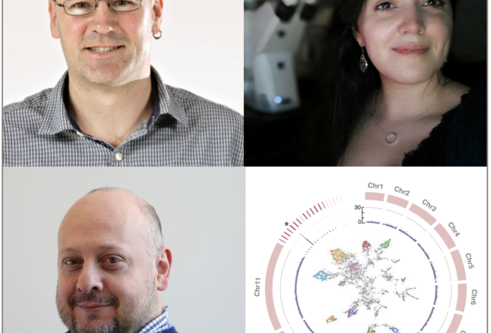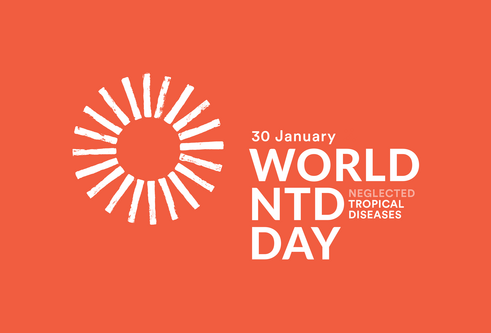Professor David Horn
FRSE
Professor
Biological Chemistry and Drug Discovery, School of Life Sciences

Contact
Websites
Research
African trypanosomes are parasitic protists which cause sleeping sickness or Human African Trypanosomiasis (HAT) and the livestock disease, nagana. They are masters of antigenic variation and immune evasion in the host bloodstream. One goal is to understand the molecular mechanisms underlying this process. DNA repair is required to replace the active Variant Surface Glycoprotein (VSG) gene with a new VSG and VSG expression is monoallelic (at a telomere) so our work in this area focuses on understanding mechanisms of DNA recombination and monotelomeric gene expression.
We also seek to understand drug action and resistance. We recently identified >50 genes linked to drug action. Suramin uptake was shown to be via receptor (ISG75)-mediated endocytosis while an aquaglyceroporin (AQP2) controls melarsoprol-pentamidine cross-resistance; AQP2 has now also been linked to clinical cases of melarsoprol resistance.
Our exploitation of genome sequence data is underpinned by technology development. In particular, we have developed an RNAi library screening method called RNA Interference Target sequencing or RIT-seq. Our research is supported by the Wellcome Trust and the Medical Research Council and DH is a Wellcome Trust Senior Investigator.
Media availability
I am available for media commentary on my research.
Professor Horn’s research focusses on Neglected Tropical Diseases, caused by trypanosomes. Areas of expertise include drug resistance, drug development, gene expression control, immune evasion, molecular genetics, and high-throughput genetic screens.
Contact Corporate Communications for media enquiries.
Areas of expertise
- Antimicrobial resistance
- Infectious diseases
Awards
| Award | Year |
|---|---|
| Innovator of the Year | 2022 |
| International Science Prizes awarded since 1990 / William Trager Award for Basic Parasitology | 2019 |
| Major Personal Funding Awards / Wellcome Investigator Award | 2019 |
| Fellow of the Royal Society of Edinburgh | 2017 |
| National Sciences Prizes awarded since 1990 / C.A. Wright Memorial Medal | 2016 |
| Major Personal Funding Awards / Wellcome Trust Senior Investigator Award | 2012 |
Stories

News
A team at the University of Dundee and University of York has determined how a highly selective protein bridge allows cells to express a single gene from a large gene family.
News
Review of the Year 2021/2 took place last week with the Dean, Julian Blow sharing the highlights of activity within the School from 2022.

News
Monday January 30th, 2023 marks the fourth World Neglected Tropical Diseases (NTDs) Day, supporting a global movement to end NTDs.